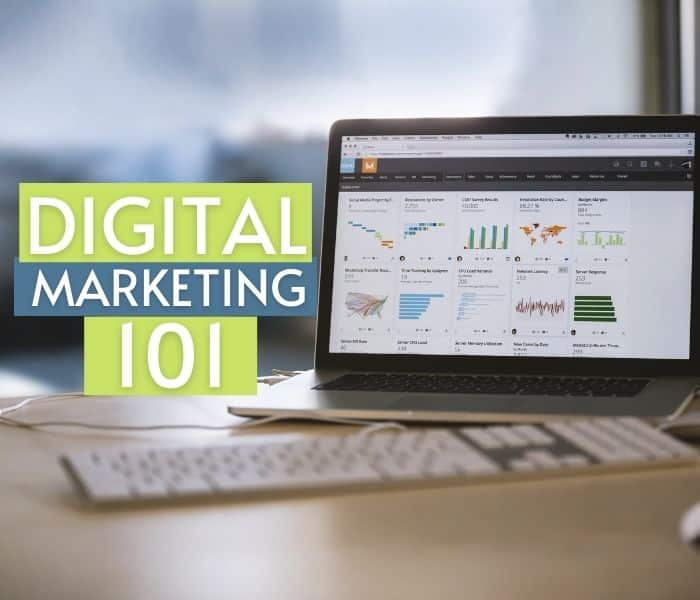With the rise of the internet and social media platforms, the opportunities for businesses to promote their products and services have expanded significantly. This article will explore the basics of digital marketing and highlight the importance of online advertising in driving business growth.
What is Digital Marketing?
Digital marketing refers to the use of digital channels, such as search engines, websites, social media platforms, email, and mobile applications, to promote products and services. It encompasses a range of tactics and strategies that aim to reach, engage, and convert potential customers into loyal ones. Unlike traditional marketing, digital marketing allows businesses to target specific audiences, measure results in real-time, and optimize campaigns for better performance.
The Power of Online Advertising
Online advertising is a key component of digital marketing and plays a crucial role in expanding a business’s reach and visibility. Here are some reasons why online advertising is a powerful tool for businesses:
- Wide Reach: With billions of people using the internet daily, online advertising enables businesses to reach a vast audience worldwide. It breaks down geographical barriers and allows businesses to connect with potential customers across different regions and time zones.
- Targeted Advertising: Online advertising platforms provide advanced targeting options that allow businesses to tailor their ads to specific demographics, interests, behaviors, and locations. This level of precision ensures that ads are shown to the right people, increasing the likelihood of conversions and maximizing return on investment (ROI).
- Measurable Results: Unlike traditional advertising methods, online advertising offers comprehensive data and analytics to measure the success of campaigns. Businesses can track impressions, clicks, conversions, and other key metrics in real-time, enabling them to make data-driven decisions and optimize their advertising efforts for better results.
- Cost-Effective: Online advertising can be more cost-effective than traditional advertising methods, especially for small and medium-sized businesses. It allows businesses to set flexible budgets, pay-per-click, and pay-per-impression, ensuring that they only pay for actual engagement and results.
When it comes to harnessing the power of online advertising, partnering with a reputable agency can make a significant difference. NetMatic Technologies offers a range of services that can help businesses achieve their online advertising goals.
Harnessing the power of online advertising requires expertise, strategy, and continuous optimization. NetMatic Technologies understands the intricacies of digital marketing and can guide businesses towards successful online advertising campaigns.
In conclusion, online advertising is an essential component of digital marketing that enables businesses to reach a wide audience, target specific demographics, measure results, and achieve cost-effective marketing campaigns. NetMatic Technologies provides comprehensive digital marketing solutions to help businesses harness the power of online advertising and drive business growth in the digital era.




